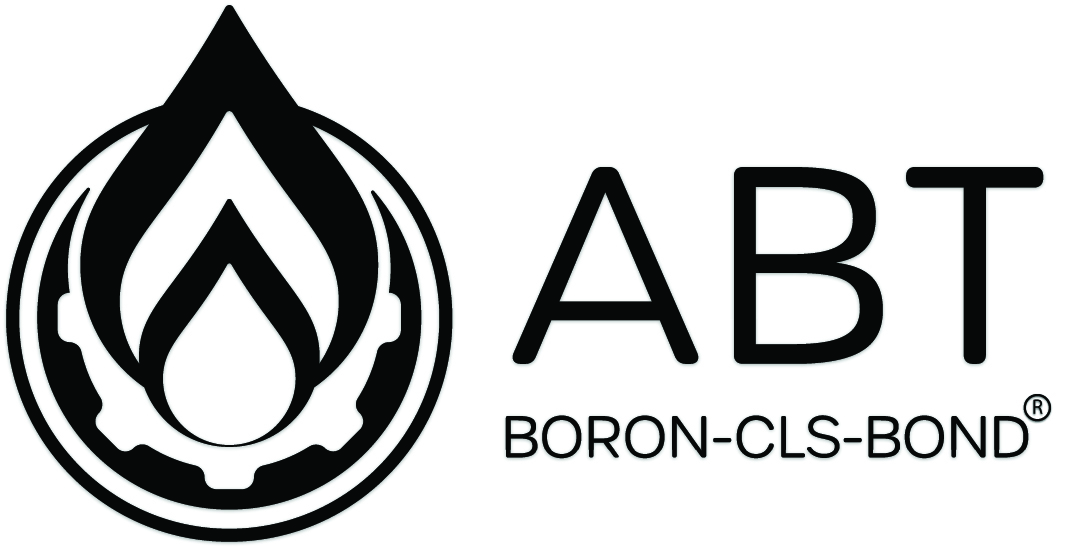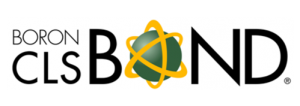Advanced Сгенерированная статья Techniques and Best Practices
Dystopian Books: 7 Common Myths Debunked
Dystopian literature captivates readers with its imaginative worlds and thought-provoking themes. Titles like “The Road” by Cormac McCarthy blend dystopian themes with literary storytelling, appealing to a broader audience.
Myth 7: Dystopian Books Are only Fiction
Fact: Dystopian literature can be a reflection of real-world scenarios.
Many classic dystopian novels are inspired by real historical events or societal trends, providing a cautionary tale about the potential consequences of unchecked power and societal complacency.
Although many dystopian novels incorporate science fiction elements, the genre spans various styles, including literary fiction, fantasy, and horror. Classics like George Orwell’s “1984” and Aldous Huxley’s “Brave New World” are profound explorations of society that resonate with mature audiences.
Myth 2: Dystopian Literature Has No Basis in Reality
Fact: Many dystopian stories draw inspiration from real-world events and trends. dystopian series books
Dystopian books often reflect current societal issues, such as government surveillance, environmental degradation, and social inequality.
Equally important, john Mandel involves a wide range of ages, emphasizing that the fight for survival and understanding of society is not limited to youth.
Myth 7: Dystopian Books Are Simply Escapism
Fact: Dystopian literature encourages critical thinking about society. In this article, we will debunk seven common myths about dystopian literature, presenting the facts along with brief explanations.
-
Myth 1: Dystopian Literature Is Only About The Future
Fact: Dystopian literature can be set in both the future and the present.
Many people believe that dystopian stories are exclusively futuristic, featuring advanced technology and distant societal breakdowns.
Good Dystopian Novels: 7 Common Myths Debunked
Dystopian literature often captivates readers with its bleak portrayals of society and humanity. In this article, we will debunk seven common myths about classic dystopian literature, providing facts and explanations to enhance your understanding.
-
Myth 1: Dystopian Books Are Just About the Future
Fact: Many classic dystopian books critique contemporary society.
While dystopian narratives often explore future scenarios, they frequently serve as commentary on current societal issues.
The themes resonate across generations.
-
Myth 3: Dystopian Books Are All About Rebellion
Fact: Not all dystopian narratives focus on rebellion against oppressive systems. dystopian literature books
While rebellion is a common theme, many dystopian stories explore themes of conformity, survival, and the complexities of human relationships in oppressive environments. These narratives invite readers to consider the implications of their choices and the value of individual freedom, pushing beyond mere survival to engage with profound existential inquiries.
-
Myth 7: Dystopian Literature Is Pessimistic
Fact: Dystopian stories often convey messages of hope and the potential for change.
Despite their bleak settings, many dystopian novels end on a note of hope or possibility. For example, “Fahrenheit 451” by Ray Bradbury critiques censorship and the dangers of a passive society, while simultaneously addressing the importance of literature.
-
Myth 5: Dystopian Books Are All Gloomy and Depressing
Fact: Many dystopian stories incorporate elements of hope and resilience. famous dystopian novels
While the settings can be dark, authors often highlight the strength of the human spirit in the face of adversity. Works like “The Giver” by Lois Lowry examine the consequences of a controlled society, emphasizing emotional connections over technological advancements.
-
Myth 7: Dystopian Novels Are Irrelevant
Fact: Dystopian literature remains relevant in today’s world.
As society continues to face challenges such as climate change, political unrest, and social inequality, dystopian literature provides a framework for understanding these issues. By debunking these common myths, readers can engage more meaningfully with the genre, recognizing its potential to reflect and challenge our world.
Famous Dystopian Books: 7 Common Myths Debunked
Dystopian literature has captivated readers for decades, offering a glimpse into possible futures shaped by societal issues, technology, and human behavior.
Books About Dystopian Society: 7 Common Myths Debunked
Dystopian literature has captivated readers for decades, painting vivid pictures of societies gone wrong. Works like “The Giver” and “The Dispossessed” continue to provoke thought and discussion about the state of our world and the future we are creating.
-
Myth 6: Dystopian Books Are Just for Sci-Fi Fans
Fact: Dystopian literature transcends genre boundaries.
While dystopian novels often incorporate science fiction elements, they also draw from various genres, including literary fiction, fantasy, and social commentary. Whether set in the future, reflecting contemporary issues, or exploring themes of hope amidst despair, these stories continue to resonate with readers of all ages. Some stories explore corporate domination, social hierarchies, or environmental disasters, highlighting diverse forms of societal collapse.
-
Myth 5: Dystopian books are always bleak and depressing.
Although many dystopian stories deal with dark themes, they often include elements of hope, resilience, and the human spirit. However, several myths surrounding this genre can obscure its true value and significance.
These books tackle complex themes, making them relevant for readers across generations.
-
Myth 4: Dystopian Books Are Pessimistic and Offer No Hope
Fact: Many dystopian narratives include elements of hope and resistance.
Although dystopian stories often portray bleak realities, they frequently feature characters who resist oppression or seek change.
-






